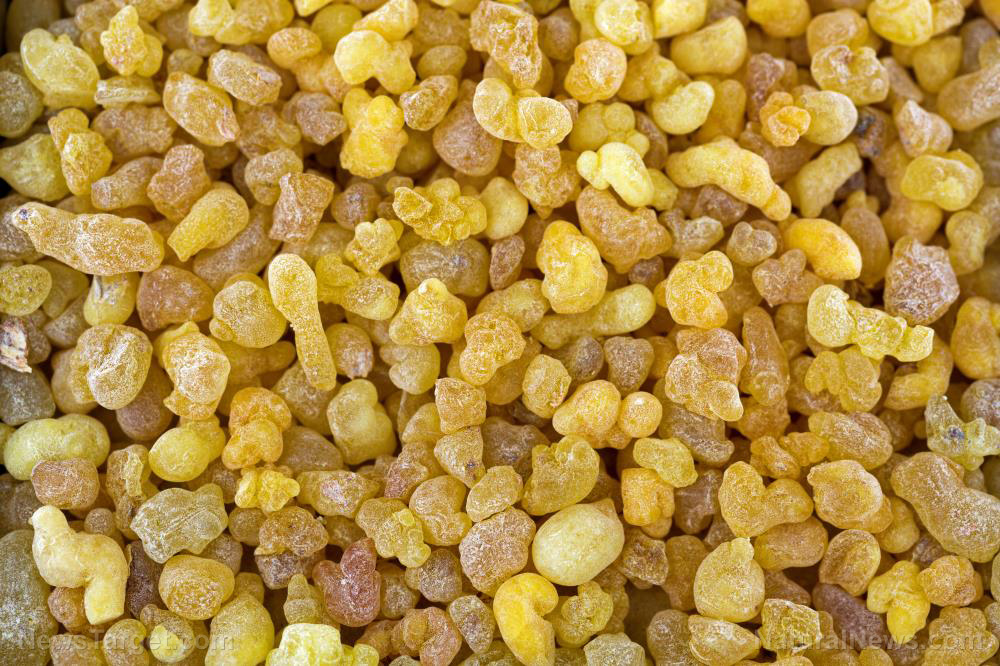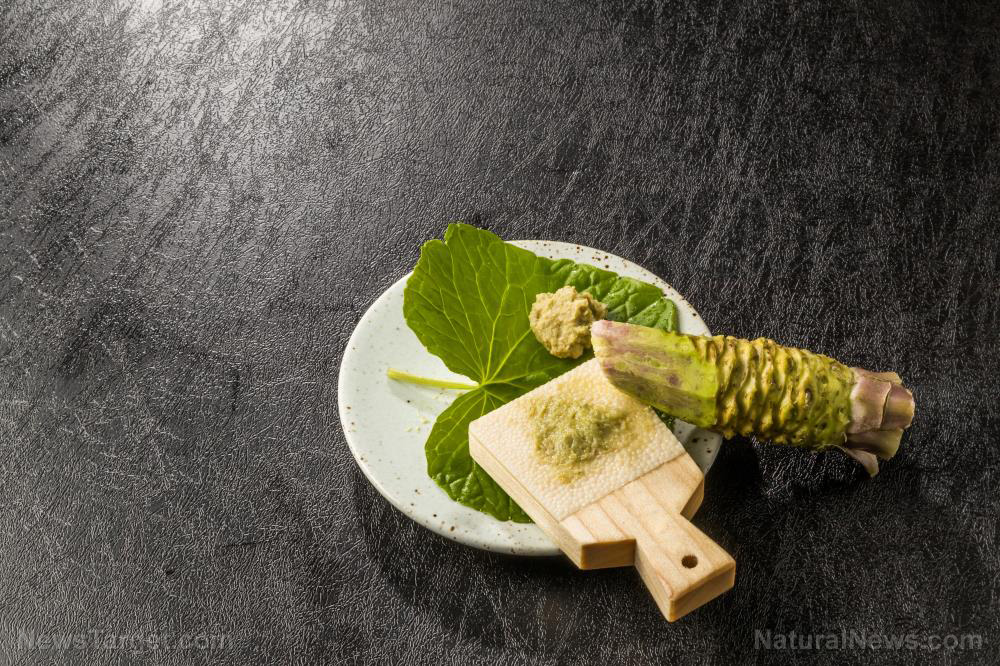Wormwood is a natural remedy for treating intestinal parasites
01/16/2019 / By Isabelle Z.

Intestinal parasites can wreak havoc on your health, and they’re surprisingly common. According to the CDC, roughly 13 percent of Americans have been exposed to a parasite known as Toxocara at some time during their life, and there are several other types you may be exposed to as well. It’s an unpleasant topic that many individuals are hesitant to bring up, which is why lots of people don’t realize that there is a very effective natural remedy for intestinal parasites in the form of wormwood.
This plant, whose scientific name is Artemisia absinthium, has been used for centuries by holistic healthcare providers to deal with all manner of intestinal parasites, including pinworms, flatworms, and roundworms. Its antiparasitic properties come from a lactone it contains known as artemisin, and it also boasts useful antioxidants like flavonoids, quercetin, vitamin C and carotenoids.
It stimulates the activity of the microphages used by your immune system to defend your body from illness. It can also kill parasitic larva quite effectively. In some parts of Europe, it is used as a revitalizing cleanse; it was traditionally used in spring and is known in many areas as the “May cure.”
Its benefits don’t stop there, however; the herb is also useful for fighting pathogens like Candida albicans, Salmonella, giardia, and E. coli. And unlike antibiotics, microbes and parasites don’t generally develop a resistance to the herb, making it a clear choice above pharmaceuticals.
If your stomach troubles stem from Crohn’s disease, you’ll be pleased to know that wormwood can help reduce the inflammation this illness causes as well, reducing or even eliminating the need for steroids in some cases. In one study, 90 percent of patients who tried it noted decreased symptoms, and 65 percent saw their symptoms go into remission. This means they can potentially avoid taking steroids that cause all kinds of side effects ranging from dizziness and mood swings to seizures and irregular heartbeat.
Wormwood has also shown some promise in treating cancer. Because it becomes toxic when iron is present and cancer cells depend on iron to divide, some treatments taking advantage of this mechanism have shown positive preliminary results in studies.
Taking wormwood for intestinal troubles
You can find dried wormwood in capsule or tablet form, or you can brew it into a tea to help alleviate bloating and gas. Simply stir half a teaspoon to one teaspoon of the dried herb into a cup of boiling water, and allow it to steep for at least five minutes; you can leave it for up to 15 minutes before you consume it. Be forewarned, however, that it does have a bitter taste.
You might have heard of wormwood being the main ingredient of the very strong alcoholic drink absinthe. Absinthe is regulated by the FDA, but the dried wormwood that is typically used in herbal remedies doesn’t have enough of the toxic chemical that gives absinthe its bad name, thujone, to be considered harmful. Nevertheless, it’s important to stick to recommended doses and consult an integrative doctor for advice. It’s not suitable for children or those with a ragweed allergy, and you should never ingest its pure oil.
Wormwood is just one of many natural treatments that work better than prescription medications in certain instances, and it also carries with it far fewer side effects. Any time you’re experiencing a health problem, it’s always worth seeing what nature can do for you!
Sources for this article include:
Tagged Under: alternative medicine, crohns disease, herbal medicine, intestinal parasites, natural medicine, natural remedies, parasites, pinworms, Wormwood



















